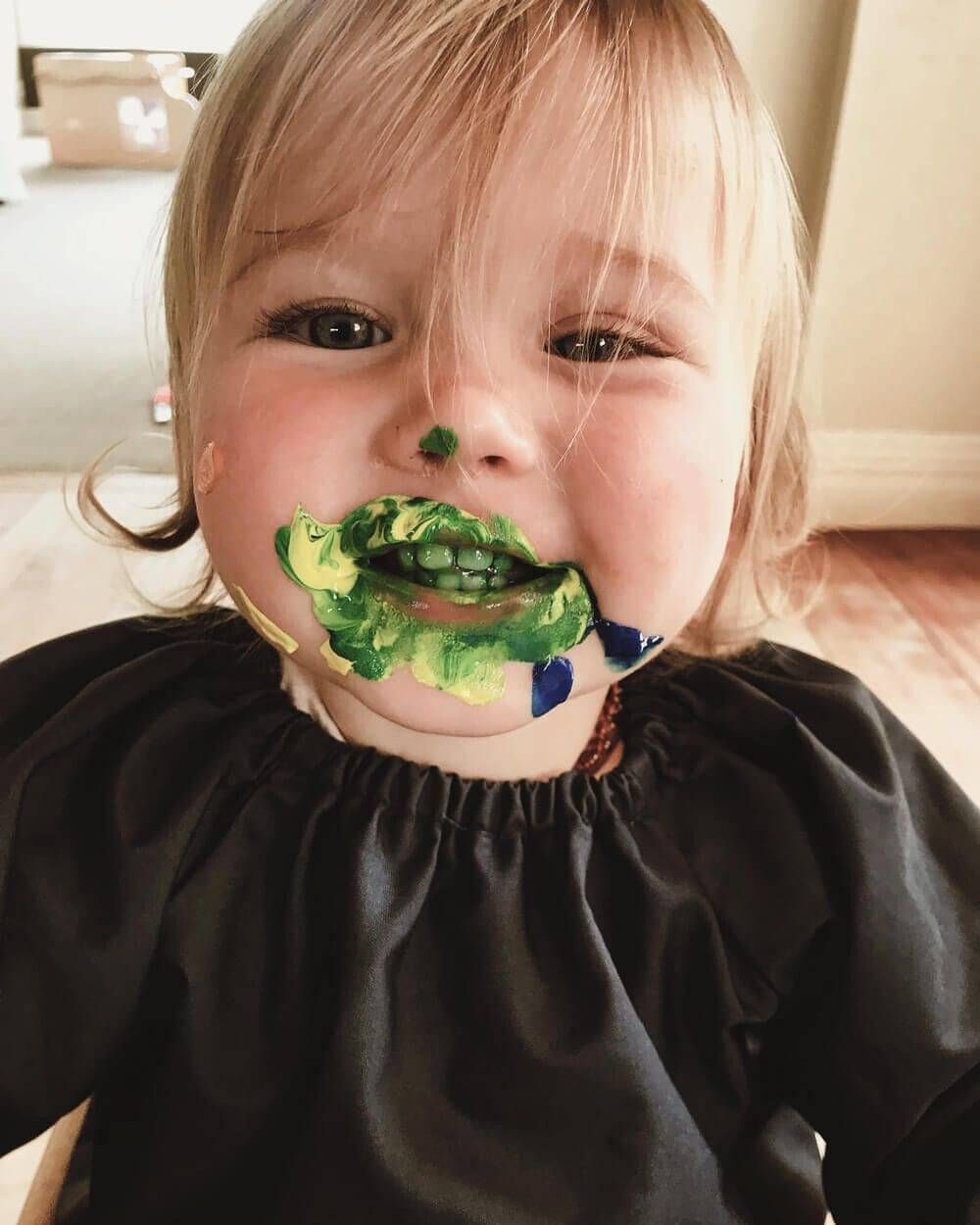Montessori Philosophy
Montessori Education is a method and a philosophy based on years of observation and work with children by Dr Maria Montessori, Italian doctor and educator. The Montessori approach begins with the acknowledged potential of each child and provides for physical, cognitive and spiritual development through a prepared environment. We incorporate the core areas of Montessori into our daily curriculum by ensuring they are age and developmentally appropriate.
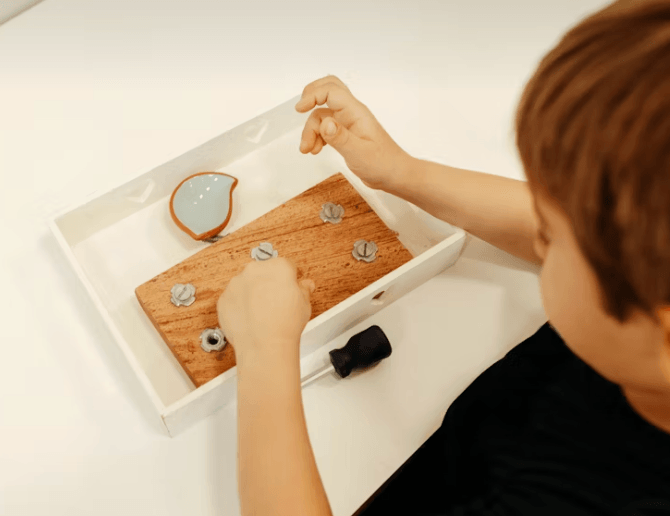
Practical Life
This is an area that a child is first introduced to when they come into the Montessori environment. These are all activities people do in their daily lives. The skills learnt here can be transferred into the child’s life developing skills of independence and caring for themselves. Children learn fine motor skills, hand eye coordination, manual dexterity and help with concentration. The children do things such as pouring, spooning, polishing, tweezing, folding, screwing, preparation of food etc.
Sensorial
Montessori uses specialised materials to help children refine their five traditional senses (sight, hearing, touch, taste, and smell), as well as other senses such as weight and temperature. This hands-on learning helps children to observe, classify, and understand their environment, leading to cognitive development, increased concentration, and a foundation for future learning.
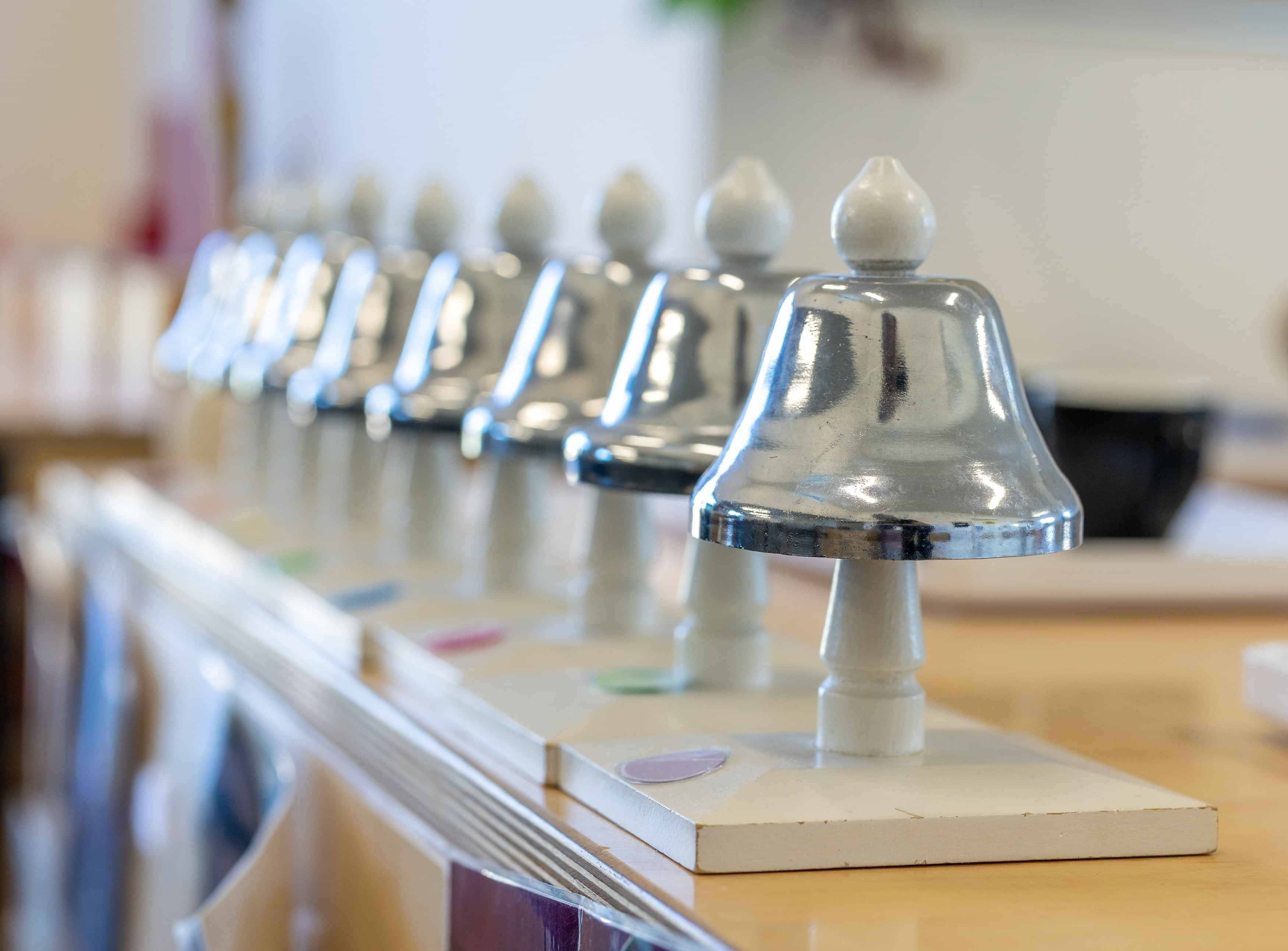
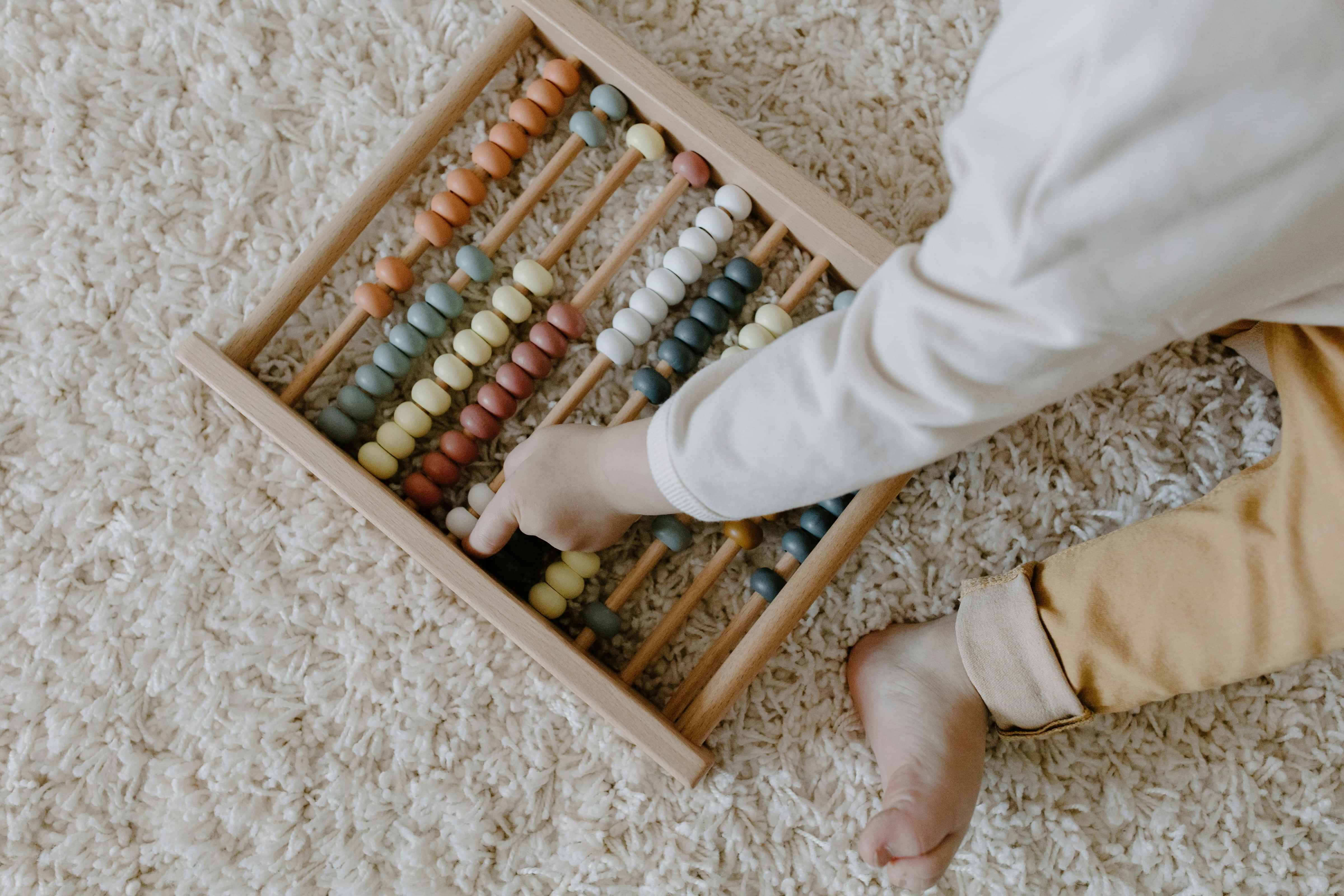
Mathematics
Equipment in the indoor and outdoor environment provide learning opportunities for mathematics to occur, such as individual activities, counting in songs and mat times, and when exploring resources. Children are supported by learning the numbers 0-9 using the sandpaper numerals. Then they begin to work with the maths materials to reinforce number concepts and learn to associate the numerals and quantities. The specifically designed materials that the children work with enables them to very quickly and easily grasp the concepts. If children are ready and interested in being challenged, we can create a programme to prepare them and provide solid foundations for the primary school numeracy curriculum.
Language
Children learn about language through their responsive relationships and conversations with kaiako and peers. We encourage children to express themselves through their language and communication. The language equipment prepares children for writing, reading and teaches spelling and grammar. The children begin by using the sandpaper letters to learn the phonetic sounds and names of the alphabet. Simple reading is taught using word and picture activities. There are reading corners in each room which allow children to freely choose books and look through them individually, as well as responsive mat times. Children learn about their own languages and culture through being woven throughout the curriculum.
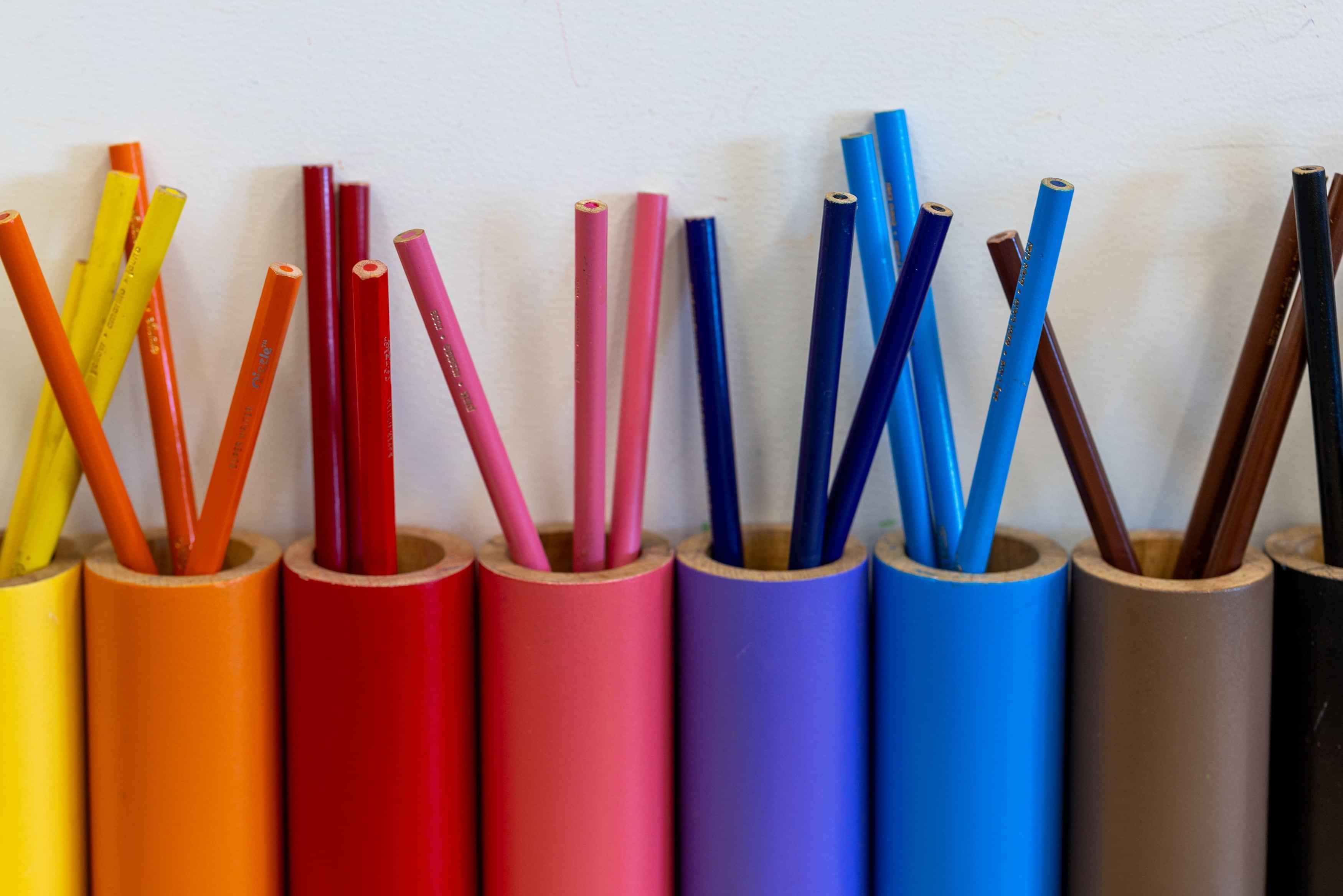
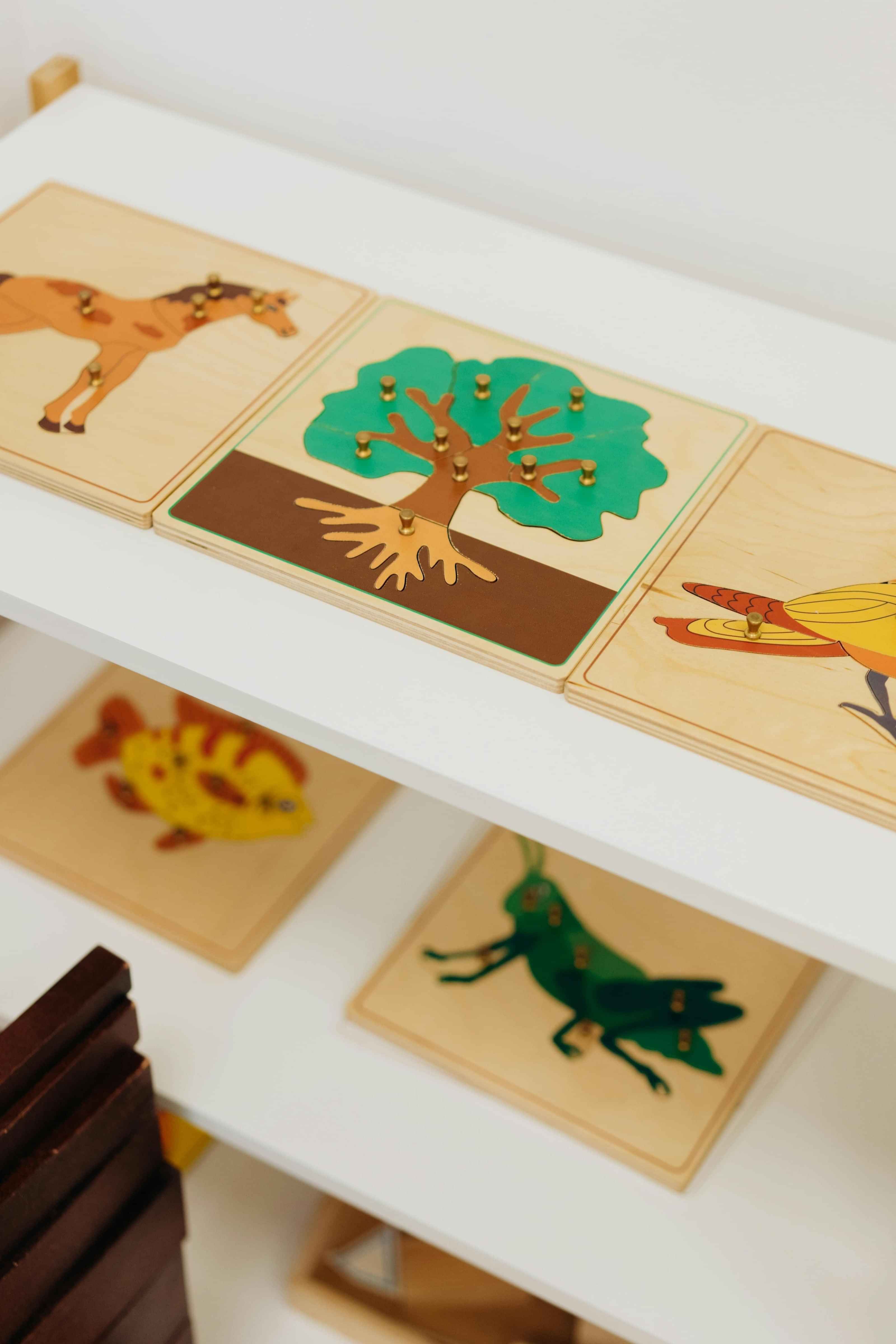
Environmental Studies
This area is a basic introduction to the areas of biology, geography, history and science. For geography, children begin to use map puzzles, globes, flags of the world, land, air and water activities, and they learn about the weather. The Biology materials used are such things as leaf insects and puzzles; the children can then use the natural environment to find their own real-life examples. Matching cards teach children about insects, birds, and trees. Science is all around us, but specific activities are designed to teach the children sink/float, magnetic and nonmagnetic. Also, science experiments are done with groups of children learning about how substances change. History is done daily, teaching children the days of the week, months of the year. Children learn about the seasons and how the weather changes. Time is also introduced by using the clock cards, and later, timelines are introduced.
Art & Craft
At Learning Curves, art and craft play a vital part in our early childhood education programme. Art works are natural extensions of class topics and projects. Each child's work is unique. Art appreciation activities are available where children learn the names of artists and famous paintings.
Music and Movement
Music and movement is an integral part of our curriculum and provided spontaneously at regular times throughout the day. Through music, children take an inner experience and move it into a shared creative experience. Group music-making releases energy which can be channeled in creative, productive directions. Children learn about themselves and others by playing music together and by listening to each other - tapping into hidden courage that can be played out by singing together or discovering the inner resources to listen quietly to another child's playing.
